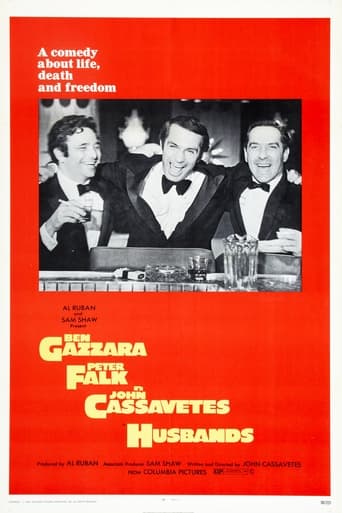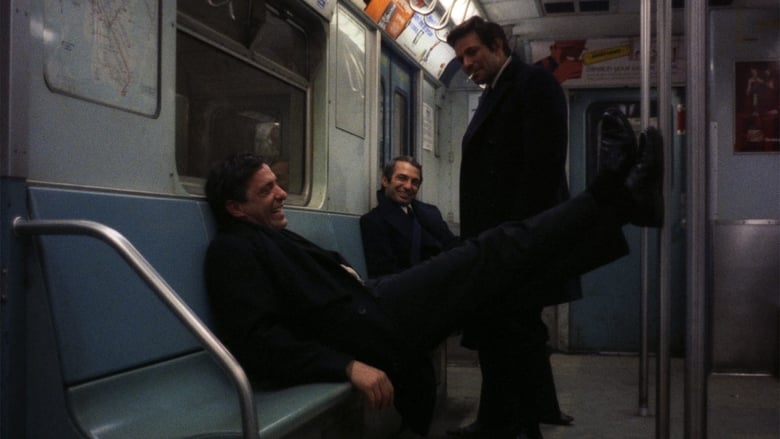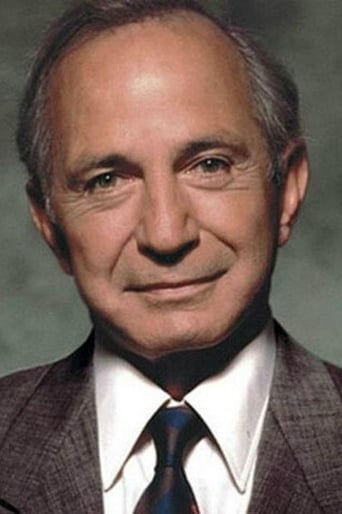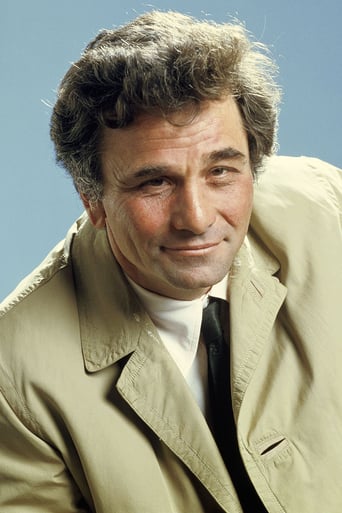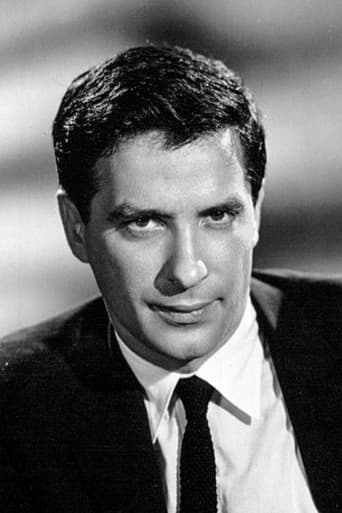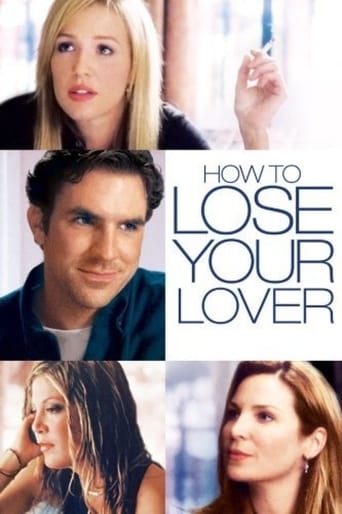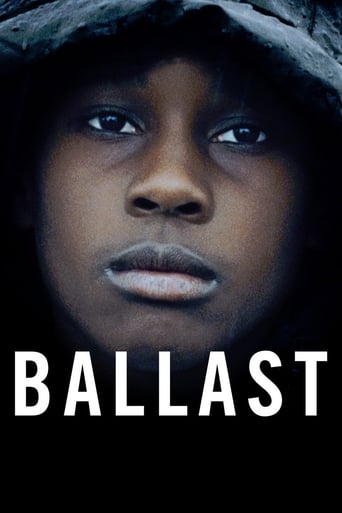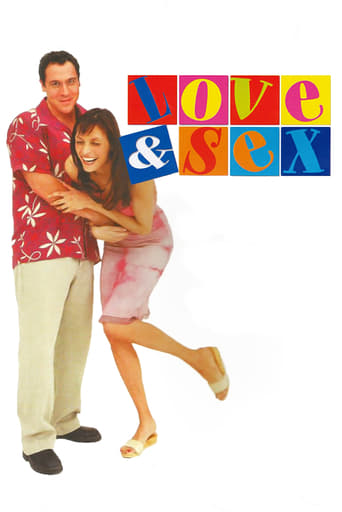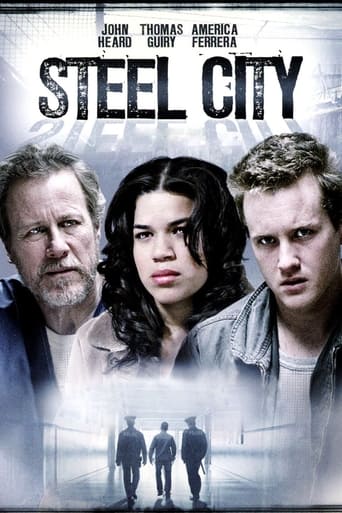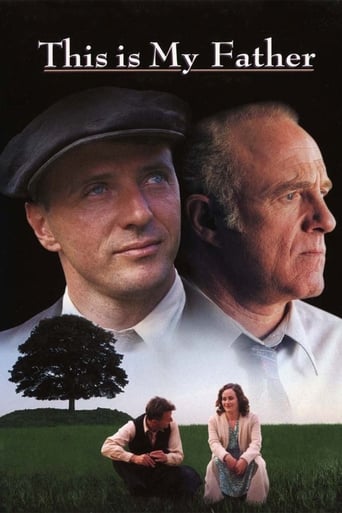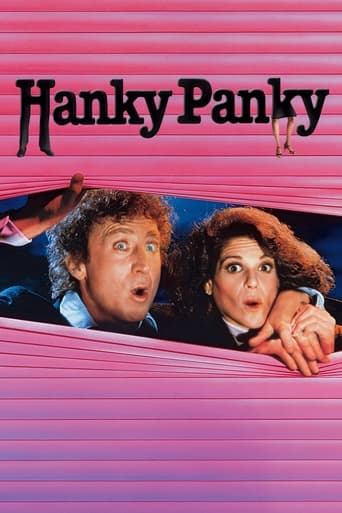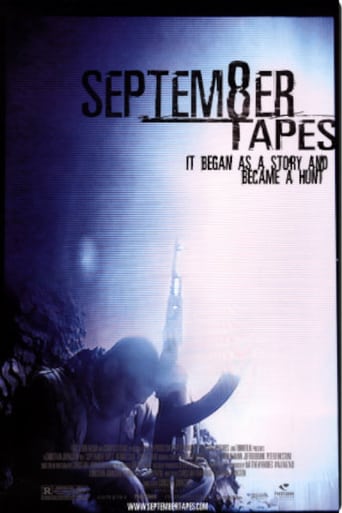Husbands (1970)
A common friend's sudden death brings three men, married with children, to reconsider their lives and ultimately leave the country together. But mindless enthusiasm for regained freedom will be short-lived.
Watch Trailer
Cast


Similar titles
Reviews
What a freaking movie. So many twists and turns. Absolutely intense from start to finish.
I enjoyed watching this film and would recommend other to give it a try , (as I am) but this movie, although enjoyable to watch due to the better than average acting fails to add anything new to its storyline that is all too familiar to these types of movies.
A movie that not only functions as a solid scarefest but a razor-sharp satire.
The film's masterful storytelling did its job. The message was clear. No need to overdo.
I'm tempted to review this as two different movies, not because the film's different acts don't flow into each other naturally, but simply because the first third of the film is, I think, so superior to the rest. The first forty minutes or so of Husbands (of the shortened version currently available on DVD in the US) is as fine, if not better, than anything else Cassavetes ever made. The funeral sequence and that at the pub with the singing of songs, is brilliant cinema. The shadow of death and loss is palpable, and the sense of drunken overcompensation can be felt by anyone who has ever, well, overcompensated through drinking. I do not think of Cassavetes as a great visual filmmaker, but some of the compositions in the bar room scene made me think of Rembrandt, with its dark hues giving way to such revealing faces. That these heads are confronted with, what in the composition amount to, disembodied hands makes this seem like Rembrandt in the age of surrealism. Regrettably, after these magical 40 or so minutes, the film then degenerates into all that I think worst about Cassavetes's oeuvre. The crudest male bonding is celebrated as liberational. Indeed, one of the most grotesque of patriarchal tropes gets wheeled out: the woman who gets abused by a man and then falls in love with her attacker. (That the perpetrator is played by Cassavetes himself makes this seem all the more off-putting.) The last couple of scenes are a memorably bleak portrayal of American suburbia, but this is compromised by the fact that we are only allowed to identify with the supposedly "put-upon" masters of this world: the white patriarchy.
The chances are that, if or whenever you hear the name 'Peter Falk', you instantly associate it with the excellent award winning TV detective series, 'Columbo'. If you stretch your mind a bit, you may even recall that he appeared in a couple of films such as 'The Great Race' or 'It's a Mad, Mad, Mad, Mad World'. If that's the extent of your knowledge of this actor, then you are missing out on a number of excellent performances, one of which appears in this film. Essentially 'Husbands' covers the unravelling self-confidence of three close friends, who suffer the loss of their close fourth friend, and the plot effectively deals with the subsequent fallout. It is, by turns, humorous, black and difficult to watch at times, but for me, it was a brave attempt to capture this subject on film. John Cassavetes, who not only stars in the film but also directs, was known as a pioneer of American cinema - particularly for using the POV genre - and with films such as this, it's easy to see why. In terms of the main three actors, each brings a depth, but not only that, a true tragi-comedic element, to their characters, which are highly believable. It would be difficult to single one of the main three actors out for particular praise, such is the balance and interplay. Highly recommended, not only for men of a certain age but also for women seeking insight on the mind of men.
The very first bit of dialogue is the kind of introductory exposition you get and gradually learn the rhythm of from a movie that is testing you. Being a film by John Cassavetes, it shall be one of those films that leaves you unsure of what to think of it at all, except that you were strangely engrossed in many scenes, only not quite like other examples of this sort of movie experience. His sense of pace is epic, but the subjects that fascinate him are granular in scale. Husbands is a Cassavetes film that even experienced Cassavetes film watchers aren't quite prepared for. It is a formalistically rebellious, gravely intimate reflection of the bareness of suburban life, magnified 500%, unpatronizing to and violatingly honest about its anxious, inarticulate sticks in the mud who have no idea what they're feeling while they're undergoing their feelings.The dialogue is comprised of unfinished thoughts, of knee-jerk shouts, not to mention three actors with egos more massive than the movie's gaps of seeming inertia. The camera just rolls and the microphone just hears. That we're seeing and hearing anything in particular is not as central as the fact that we are indeed looking and listening.Cassavetes tries so hard to seize and squeeze every possibility of any moments that catch what we all know happens between concept and execution. Moments that don't seem scriptable, that hardly seem describable. When we're with somebody but before anyone's thought of anything to say, or when we are distracted into an unthinking transition, anything impulsive or seemingly without thought. I might even go so far as to say the whole film seems involuntary. And what's more, it is predominantly comprised of Cassavetes' trademark scenes of agonizing discomfort.The most emboldened stand-out in this film's succession of scenes of that nature is an inordinately long one in which Cassavetes, Gazzara and Falk sit with a table of friends and family in a bar, not a tissue of their body left dry of alcohol, taking random turns singing traditional folk songs, and after awhile---and I mean awhile---one person begins singing, and the three jeer them into silence, then tell her to try again. They jeer her quiet again, and again and again and again until finally, after anyone in her position would still be cooperating, they praise her for finally getting it right. This to me represents what has to be the creative process for actors in a Cassavetes film, especially the Cassavetes film Husbands. There seems to be no frontal lobe left in any actor.Husbands is described sometimes as a comedy. Well, I don't know if it's a comedy, but is a drama with sporadic moments of strange, seemingly incidental humor. There is an unusually brief scene where Gazzara visits his office and is greeted by an outlandishly goofy colleague. When the three friends are electrified with excitement about going to London, we cut to London, where it's dreary and pouring rain. There doesn't seem to be a way to pinpoint the nature of the movie's tone, or its structure at all. Like I said, it puts you to the test, and the test is to accept the film on its terms. If you do, you can be moved by the nature of its point of view and be open to the nature of your own reactions to it.
John Cassavetes has a wonderful yet also curious way of how he deals with his protagonists- not just in Husbands but in elsewhere- that brings to mind someone like Bergman but not at the same time. His characters, to me anyway, seem like they're full of life and vigor and laughs and what may be called braggadocio behavior, but it also is a cover for something missing for them too. Husbands casts its main male characters in the light of what should be a time of mourning, for one of the friends in their tight-knit group that dies suddenly in middle age. We never hear about who this guy was or how much significance he had in specifics to them, but one can just tell the impact it's made on them as they have to hide away- maybe on some kind of "guy" instinct- not to show what they really mean to say or feel. Even when they're drunk, they end up having to put an affront, which can sometimes be pretty amusing and very typical of a New York style of 'hey, whaddaya want from me' communication. But outside the confines of a comfortable marriage and kids, these guys are to one degree or another emotional wrecks. Where Bergman had religion and the margin of death as the backdrop usually used, Cassavetes has the suburban malaise and childish, male camaraderie where having a good time seems to be all there is.Here, Cassavetes acts as well, and to me his character has one of the most important scenes, if not the most important, in the film dealing with this matter. He, Gus, is with Harry (Ben Gazzara, who got robbed of an Oscar nomination) and Archie (Peter Falk, who is, as usual, Peter Falk), when they decide sort of impulsively to break off of their jobs in the days following their friend's death to go to London. What they're their for isn't totally clear, until they start to hit on women at a ritzy casino. They take back the women to the hotel rooms they've rented, and Gus seems to be having the most fun of all with the woman he sweet talked (which is a nice little scene of charm and sexual interplay with just words), and they tussle around in a bed, with that thin line between joking and seriousness being ebbed every which way. This is in line with other scenes in the film like this, little ones that show Gus's attitudes towards life as being sort of a gas even in the more serious moments. But then Gus and the lady go to a little café the next morning, and she- obviously the more adult one of the two- wants to know straight-out what he really wants from her. He can barely say anything, as he's sort of stopped in his tracks by her serious "I'm serious" talk to him. The kidding subsides, and what's left is that tense sensation that reality of his own lack of expressing himself completely has smacked him right in the face, and getting aggressive only will make it worse.This tends to be something of a common thread with the other characters, however in different degrees. Gazarra's Harry is probably the most flawed, if one had to pick out flaws out of these totally human characters (no clichés precisely attached), who is so torn from himself that he lashes out at his wife when expecting her to say to him "I love you". You almost can't believe he can treat her this way, but it's how it is, in the Cassavetes world. Falk too is playing a guy who is sort of torn from himself emotionally, only he is somewhat more able to express it, and is more contradictory perhaps than the others. Like with his "liason" with the Asian girl when in London; we think he's really after some sexual contact from all of his asking the women in the casino, like a kid after some candy or something, but once he has this woman (who doesn't speak a word of English) in his reach, and a very intimate reach (in typically intimate Cassavetes long-take close-up) he resists. This is a little more awkward a reaction than with the other characters, but it does keep in with his own thread, even if he is able to express his own complete emotional cluster-f*** following his friend's death.So, at the core, Cassavetes gives us some memorable characters here, even if his film seems to be lacking the overwhelming feeling of seeing a classic. He has his goals set, sort of, but he also takes some time meandering to get there too, and a great scene may be followed by a sort of sloppily timed scene where the strengths of the script (and I do think, unlike Ebert's assertion, that it was mostly scripted) were brushed aside for the rata-tat-tat improvisation. For example, towards the end when Harry invited the other guys back in for more fun with NEW women that he's brought up, it goes on in a stilted kind of way, like Cassavetes wanted one more scene of these guys in a form of pretend with themselves and those around them. And actually when he does have a fairly amazing set of moments, like in that very long scene when they're at the bar and everyone's taking turns showing how much 'life' they have in singing a particular song, with one woman not reaching their mark of quality, there's some spots that drag too. The fire and creative pull of Cassavetes in his prime as a filmmaker is present, if not the overall urgency and tightness of narrative. It's worth the viewing, though, more-so if you're looking to find one of Cassavetes's films not on DVD, or for a good, 'indie' mid-life crisis drama.

